City to focus on developing connected car technology and establish a new organization supporting related certifications
Incheon is a pioneer in the automobile industry. Some may question the city’s credentials in the auto industry, yet a closer look at Incheon’s history in the Korean automobile industry reveals just how important the city has been to the development of cars in Korea.
In August 1962, with the establishment of Korea's first modern automobile factory in Bupyeong, Incheon left an indelible mark in the Korean automobile industry, and at the same time, became a nursing ground for Korean automakers.
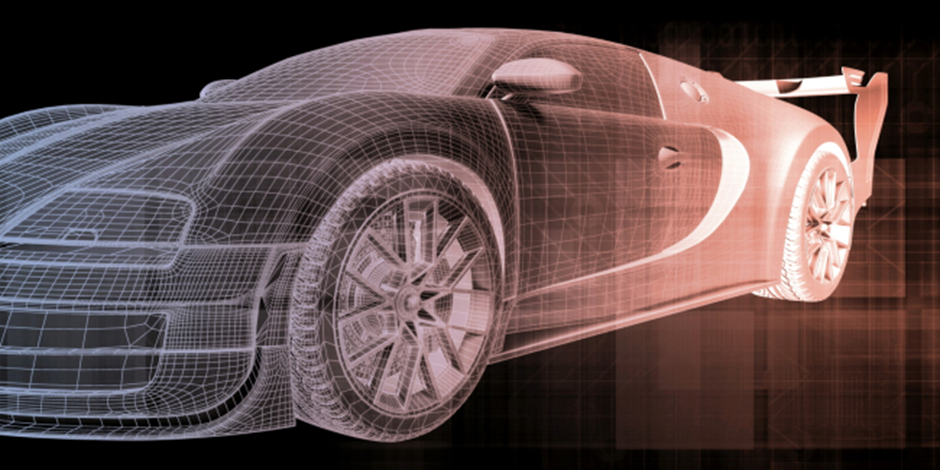
▲ Incheon Metropolitan City developed what it calls the “Comprehensive Plan for Fostering the Future Automobile Industry of Incheon,” which involves investing KRW 110.4 billion over five years to restructure the auto parts industry, one of the region's key industries, by upgrading related technology in a way that better responds to future mobility, and to make Incheon a hub of the future automobile industry. (Image is a rendering of a future car.)
In fact, at the very foundation of Incheon's manufacturing industry is the automobile industry. The automobile industry ranks second in Incheon's manufacturing sector, but the automobile market is shrinking by 5% in size every year due to the recent shrinking of the internal combustion engine (ICE) vehicle market. This is a clear sign that the automobile market is possibly entering a recession, which means the City’s priority should be to restructure the industry and focus more on future modes of mobility.
In order to shift the paradigm of the industrial structure and nurture companies for the future automobile industry, the City Government is hastening the conversion of auto parts companies across Incheon to future car-related businesses. At present, it is estimated that there are 628 auto parts companies in Incheon. Several of these companies, however, are producing parts for ICE vehicles, which means they are ill-equipped to respond to the transition to future cars. The size of the Incheon automobile industry is decreasing by 5.5% in terms of the number of establishments, 5.2% in terms of employees, and 6.2% in exports. In other words, the City needs to create an ecosystem that supports the auto industry’s swift transition to future mobility, and make some bold investments.
Thus, Incheon Metropolitan City developed what it calls the “Comprehensive Plan for Fostering the Future Automobile Industry of Incheon,” which involves investing KRW 110.4 billion over five years to restructure the auto parts industry, one of the region's key industries, by upgrading related technology in a way that better responds to future mobility, and to make Incheon a hub of the future automobile industry.
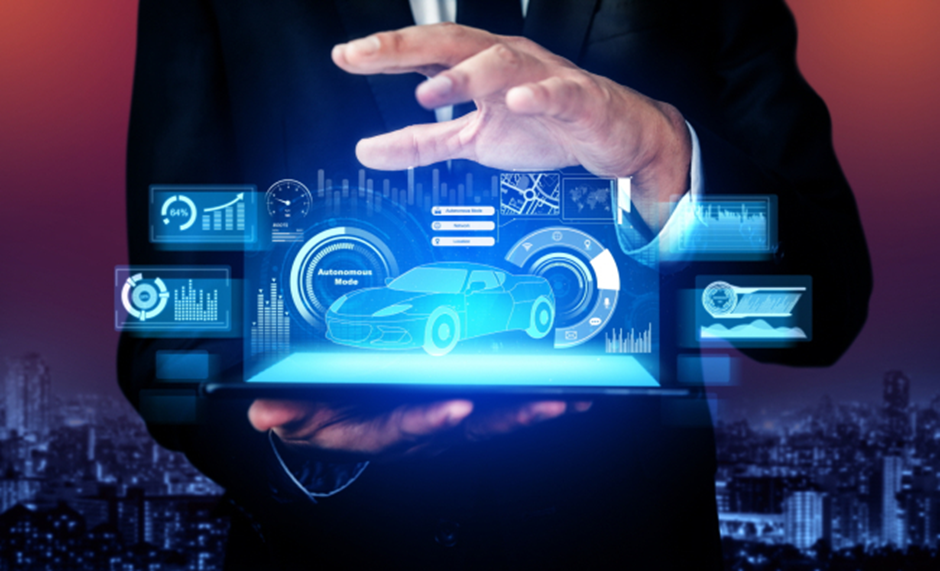
▲ The Comprehensive Plan for Fostering the Future Car Industry of Incheon consists of five strategies and 25 key initiatives with the vision to make “Incheon, a leading city of future automobile technology innovation.”
The Comprehensive Plan for Fostering the Future Car Industry of Incheon consists of five strategies and 25 key initiatives with the vision to make “Incheon, a leading city of future automobile technology innovation.” The five strategies (25 tasks) include: specializing in the connected car industry (establish materials/parts certification evaluation centers, support the development of specialized technology, support the testing and evaluations for material/parts certifications, identify and develop “new players,” establish mid - to long - term specialized development strategies); spearheading the development of autonomous driving car technology (promote technology development innovation projects, support R&D projects, install R&D equipment, establish proving grounds, host competitions on developing new technology); promoting the transition of technology for future car parts companies (analyze future car technology structures and parts, provide consulting services, support the joint planning of R&D initiatives, offer professional training, support the development of technology to localize materials and parts); supporting the innovative growth of future car parts companies (support innovation in digital manufacturing, support global marketing activities, foster unicorn startups, provide specialized support for electric vehicle parts companies, establish a platform to support cooperation between large and small businesses); establishing a system that supports the future car industry (establish an integrated support center for future cars, enact city ordinances to support the auto industry, establish a future car parts company council, execute fact-finding surveys and policy research, operate new collaborative governance initiatives).
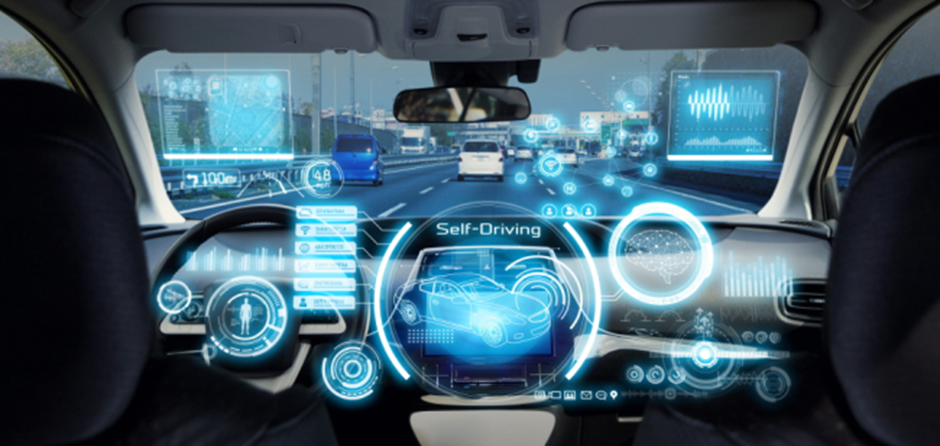
▲ Rendering of a future car
The Comprehensive Plan for Fostering the Future Car Industry of Incheon is for the automobile industry to rapidly shift from ICE vehicles (gasoline and diesel vehicles) to eco-friendly vehicles (electric and hydrogen vehicles), autonomous driving vehicles, and connected cars (intelligent vehicles connected to surrounding objects through a two-way wireless communication network). The Plan was created to actively support the technological transformation of local auto parts companies in line with future trends anticipated in the auto industry going forward.
To keep up with global trends, Incheon is transforming the city's automobile industry structure into a “CASE” structure, which is considered key for autonomous driving. CASE stands for “Connected, Autonomous, Sharing, and Electricity.” But more recently, “Mobility” and “Digitalization” have also been added to the scope of what counts as part of CASE. In the future, electric vehicles are expected to grow at an average annual rate of 31%, whereas autonomous driving cars and connected cars are expected to grow at an average of 40% and 22% per year, respectively.
Moreover, the City will focus on developing connected cars as its specialty, which could differentiate it from other cities and provinces in Korea. A connected car is a core technology for future vehicles. It utilizes Vehicle to Everything (V2X) wireless communication technology that connects vehicles and everything in real-time to provide various driver services, including infotainment services. In combination with existing autonomous driving technology that recognizes, makes decisions, and controls objects using radar, camera, and GPS, connected cars will likely deliver a complete autonomous driving experience.
To that end, for the first time in Korea, Incheon has established a connected car certification support center in Cheongna Robot Land, laying the groundwork for further innovation in the future car industry. Last year, the City also established a cooperative system with the Korea Automobile Research Institute, the only specialized automotive research institute in Korea, and attracted a branch office of the Autonomous Driving Technology Research Institute. Like so, Incheon aims to make the City a national strategic base for the connected car industry.
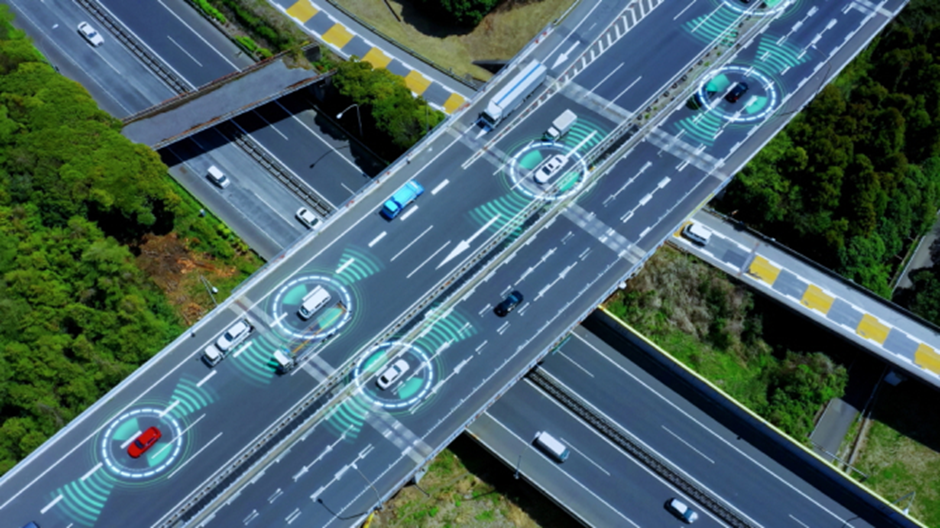
▲ The City has also established a full-cycle support system for the conversion to future car technology and technological advancement of small and medium-sized automobile parts companies.
Moreover, the City has also established a full-cycle support system for the conversion to future car technology and technological advancement of small and medium-sized automobile parts companies. Incheon is promoting a tear-down project that dismantles the latest global electric vehicles to analyze the technical structure of parts and provide core technology information to parts companies that are not ready for a major technology conversion. The project will share the latest technology information with these companies to kick-start their transition.
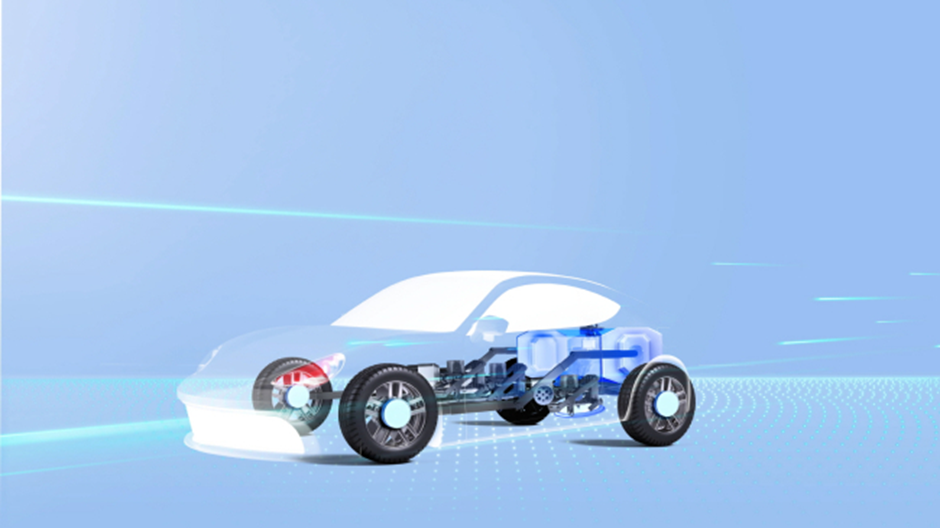
Aside from this, Incheon is focused on offering consulting services on setting the direction of future car technology conversion and establishment of investment plans, professional training for incumbents, research and development support, and technology roadmap research services as well.
The City plans to effectively respond to the paradigm shift of global future vehicles such as electric vehicles, autonomous driving vehicles, and connected cars in Incheon's auto parts industry, which remains largely focused on ICE vehicles, by supporting the development of the future car parts industry. Furthermore, Incheon has a plan to pioneer the technological innovation of parts companies by expanding its projects supporting the technology conversion for future cars.